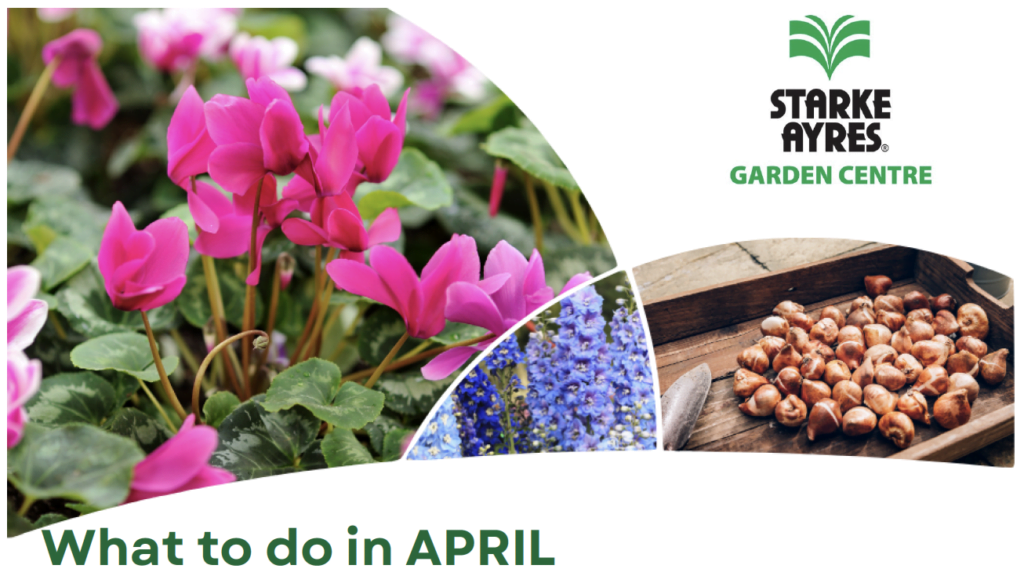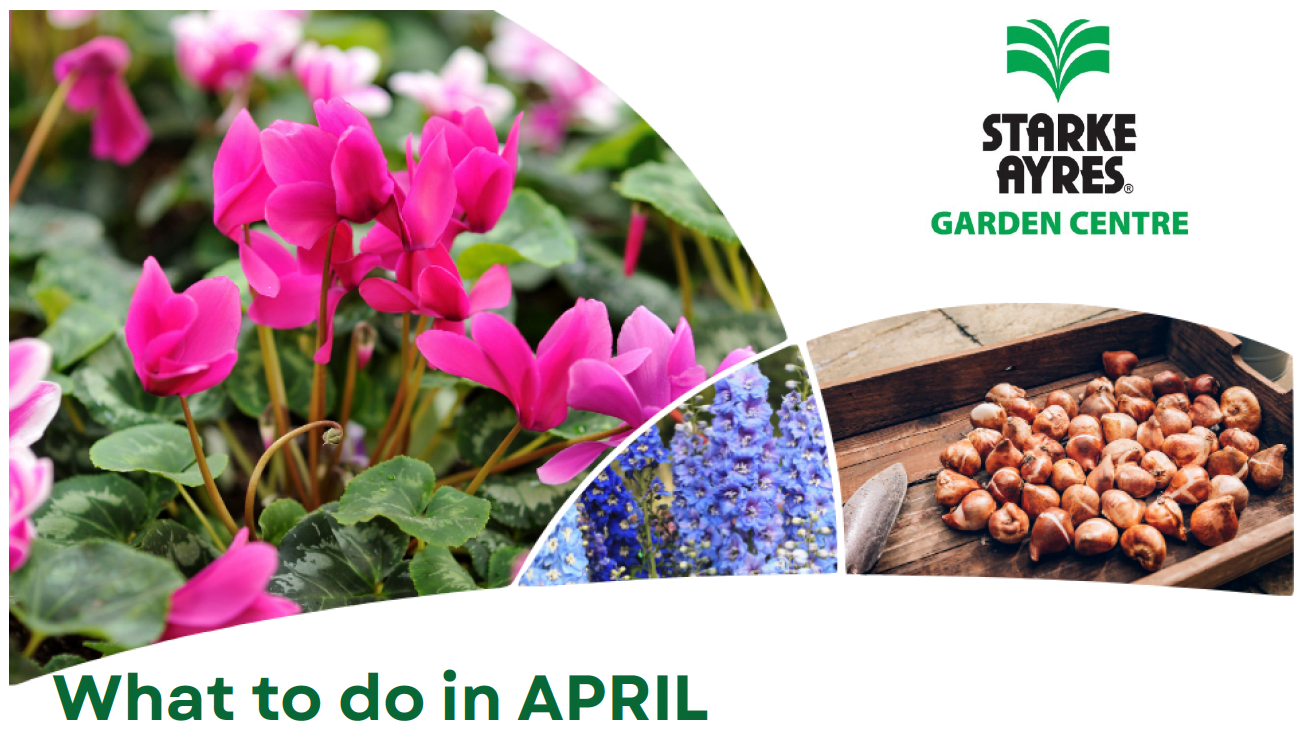After our scorching hot Cape Town summer, with multiple mountain fires, the first rains have already triggered regrowth of our fynbos. This drop in temperature and slight increase in rain heralds our Autumn season, the perfect time to plant in the Western Cape. Spring flowering bulbs like Anemone, Freesia, Daffodil and Ranunculus are in stock and should be planted in composted, well drained soil.
For an end-of-season blast we have just received a range of Starke Ayres potted chilis. From hot Scotch Bonnet, medium Bishops Crown with fruit like bells to the mild and smokey Biquinho they will all look good in pots and brighten up a corner.
Fynbos will be showing its glorious colours soon. They can be fed with low phosphate fertilisers like Culterra Fyngro, specifically formulated for fynbos with slow release nitrogen, low phosphate and low nitrates. Talborne Vita green 5:1:5 is also suitable when used in moderation.
Winter annuals are trickling onto the shelves. Reinvigorate your pots with compost or potting soil and get them ready to be planted with Delphiniums, Stocks and Foxgloves. Feed Pansies and Violas with Talborne Seedling food. The 6:2:5 ratio in powder form is excellent for all bedding plants as well as for container plants.
Growing trees in the garden is enormously beneficial. They provide shade, prevent erosion, absorb carbon dioxide from the air and attract birds and wildlife to the garden. Besides their lovely spring flowers, deciduous fruit trees add the extra bonus of providing edible fruit. When selecting a fruit tree one needs to consider the following: What type will suit the local climate, will it need a companion for cross-pollinating, will it need to be wind-resistant, how big will it get and is the soil sufficiently well drained?
One example of an attractive, wind-resistant tree is the evergreen Olive. A range of varieties is available that will provide either oil, fruit or both. Two carefully chosen varieties will encourage cross-pollination to increase yield. Plant in well drained, composted soil. Trees should start bearing within 4 years. Fruit is borne on previous year’s growth and never twice on the same wood. Prune to remove last season’s fruit bearing wood but leave the shoots that developed in the previous season. Cultivars can be upright, compact, spreading or willowy.
Last, but not least, prepare your indoor environment for the colder, rainy months when going outside is not a lot of fun, by filling up with indoor plants. Cyclamens, Begonias, Aglaonemas and a host of other exotic delights will help with the winter blues.



